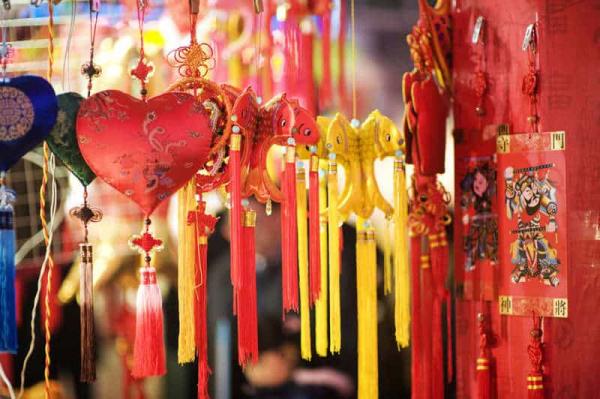Chinese New Year's Eve 2026: Foods, Traditions, Activities
No matter how you are going to celebrate this event, all the classic Chinese New Year's Eve activities and foods will definitely get you more excited and surrounded with a more festive mood. And one thing is for sure -- stay with your family and create treasured memories will last a lifetime.
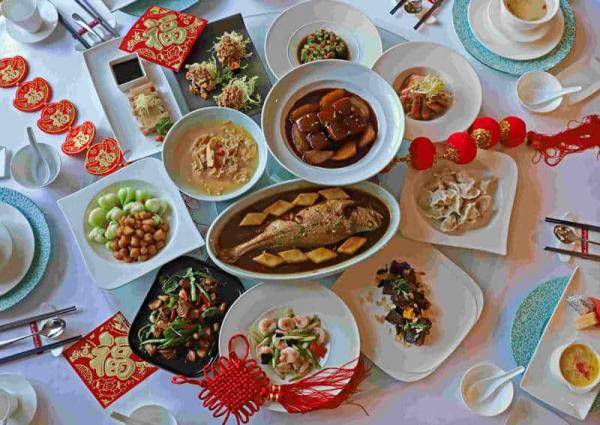
Why is Lunar New Year’s Eve So Important for Chinese?
New Year's Eve is the last night of the year. It marks the end of the old year and the beginning of a new year. New Year's Eve is a day of renewal, family reunion and ancestor worship.Along with the Qingming Festival, Chinese Ghost Festival and the Chongyang Festival, it is a traditional Chinese festival of ancestor worship.
On this most important day at the end of the year, Chinese people who have wandered far and wide are rushing home to reunite with their families, to bid farewell to the old year and welcome the new year.
Dates of Chinese New Year’s Eve 2026
New Year's Eve is often celebrated on the 29th or 30th day of the 12th lunar month. It is the day before the Lunar New Year, or Spring Festival.
| Years | Date | Day |
| 2022 | January 31 | Monday |
| 2023 | January 21 | Saturday |
| 2024 | February 9 | Friday |
| 2025 | January 28 | Tuesday |
| 2026 | February 16 | Monday |
| 2027 | February 5 | Friday |
| 2028 | January 25 | Tuesday |
| 2029 | February 12 | Monday |
| 2030 | February 2 | Saturday |
What is the History of the Lunar New Year's Eve
New Year's Eve originated from the ancient custom of getting rid of the old and welcoming the new at the end of the year and worshipping the ancestors. The earliest mention of the name "New Year's Eve" in the existing literature is in "Fengtu Ji", a local character book written by Zhou Chu of the Western Jin Dynasty.Later, the day before the New Year's Eve was called the New Year's Eve.. According to "Lü Shi Mister Lv's Spring and Autumn Annals - Season Winter", ancient people used to expel "the ghosts of the epidemic" by beating drums on the day before the New Year.
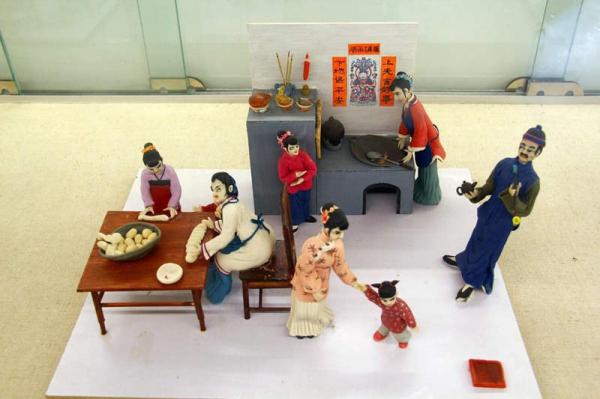
Lunar New Year's Eve dinner
The Chinese New Year's Eve dinner is a family reunion dinner and the most important meal of the year for the family. Families will serve dishes that are rarely seen on a regular basis or that signify good fortune for the New Year, such as chicken (signifying a good plan), fish (signifying a good year), soup dumplings (signifying a happy reunion), and lotus root (signifying cleverness).Other lucky foods for New Year's Eve dinner include:
Dumpling: The custom of eating dumplings on the Spring Festival was already quite popular in the Ming Dynasty and Qing Dynasty. Dumplings are usually wrapped in the evening of New Year's Eve and eaten at the midnight. This is the beginning of the first day of the first month of the lunar calendar, and eating dumplings has the meaning of "changing the year".
Tangyuan: It implies a reunion.
Chinese New Year cake: The custom of eating rice cakes on Chinese New Year started in the Song Dynasty and flourished in the Ming Dynasty. It is said that at the earliest time, the rice cake was for the midnight sacrifice to the gods and ancestors, and later it became the Spring Festival food. Eating New Year cake signifies that people's working life is getting better and better every year.
longevity noodles: Eating noodles on New Year's Eve is a wish for longevity.
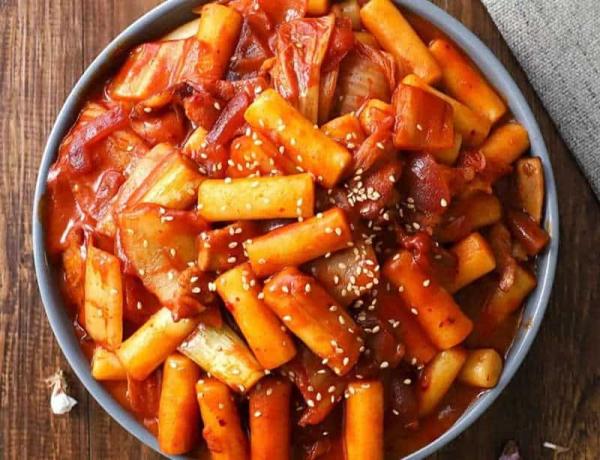
Chinese New Year’s Eve Traditions & Activities
Hanging out Lanterns
Hanging lanterns on Lunar New Year's Eve is an ancient Chinese custom, with the colour red signifying festivity and the circular lanterns signifying reunion, peace and harmony.Setting off Fireworks
In China, there is a folk saying "opening firecrackers". That is, when the Chinese New Year arrives, the first thing that every household opens the door is to set off firecrackers, with the sound of beeping firecrackers to remove the old and welcome the new.Firecrackers are a specialty of China. Setting of firecrackers is a type of festival entertainment that can make people happy and lucky. It can also create a joyful and lively atmosphere.
Putting up the New Year Decorations
Traditional New Year's decorations include Spring Festival couplets, door gods, paper-cutting for windows, New Year's paintings, the Chinese character “Fu”, and other red festive elements.They are all ancient Chinese folk arts. And putting up these decorations is a long-established Chinese folk custom, sending people's aspirations for a happy life and wishes for a better future.
Staying up Late or All night on New Year's Eve
New Year's Eve has a long history. At this time, all rooms are lit, the family gathers, and the "New Year's fire" is kept burning until the New Year arrives. It is said that this will make the family rich in wealth in the coming year.Giving the Lucky Red Envelops
After the New Year's Eve dinner, the elders will give the younger generation the New Year's Eve money inside a red envelop that they have prepared in advance. It is said that the Chinese New Year red envelop can suppress evil spirits, and the younger generation can spend the year in peace if they get the money.
Another kind of New Year's money is given to the elderly by the younger generation in the hope that they will live a long life.
Taboos on Lunar New Year’s Eve (Chuxi)
1.The Chinese character “Fu” can not be posted upside down on the door, which is to welcome the blessing. It is usually posted upside down on a water tank or a rubbish bin.
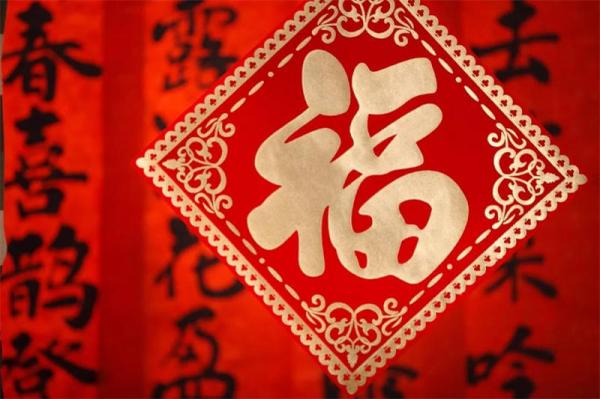
2. If your front door is facing your neighbour's front door, make sure you hang two Chinese knots on the door frame outside your front door to avoid harm.
3. Avoid pouring sewage, dumping rubbish, throwing debris, sweeping, spilling water, and defecating on Lunar New Year’s Eve. It is said that this will accidentally spill on the gods, and if the gods are annoyed, they will send evil upon people.4. Whether or not you are staying all night on the Chinese New Year’s eve, the lights in the house should be lit on all night long to signify a bright future in the coming year.
5. Remember to pay off debts before the year. If there is someone that owes you a debt, you can not go to collect the debt on the first to the fifth day of the Chinese lunar month.
6. Avoid saying unlucky things.7. Fish is a must-have luck dish for the Chinese New Year's Eve dinner, which means the family has enough to spare every year. When eating fish, the head and tail should be left uneaten, so that the next year not only has food and clothing, but also has more.
